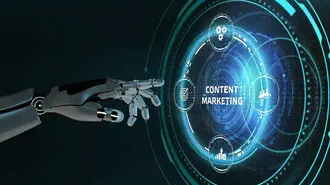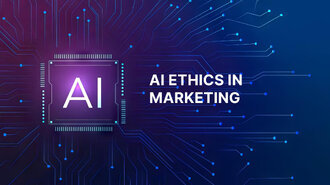In the fast-paced world of digital marketing, AI tools are crucial. They offer robust capabilities that not only enhance strategies but also streamline how data is collected and utilised. These tools have become indispensable for marketers looking to stay ahead.
Hence, It is unsurprising that companies and marketers constantly adapt and optimise their artificial intelligence marketing strategy to excel and outperform their competitors. The power of machine learning and artificial intelligence in boosting the table of contents in their digital marketing strategy is increasingly recognised.
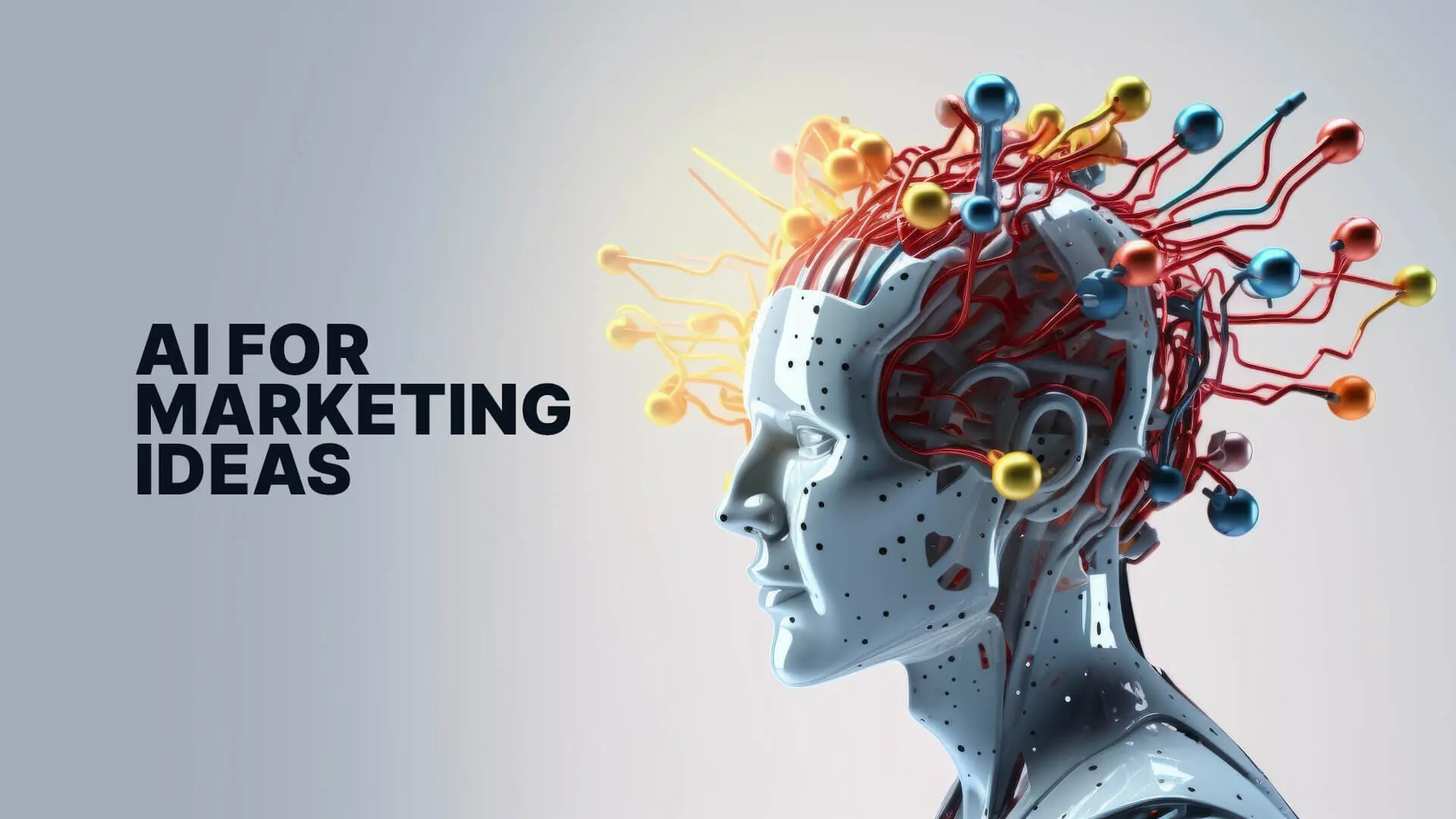
AI (Artificial Intelligence) can help marketers collect and analyse customer data, track the performance of their AI marketing campaigns, allot their budget to the right campaign, and much more. Plus, AI brings the added advantage of automating repetitive tasks, helping businesses focus their effort, time, and money on improving their marketing strategies.
Hence, today, we’ll be delving deeper into AI marketing ideas for small businesses and big firms to increase engagement, convert more customers, and become successful.
Want to receive updates? Sign up to our newsletter
Each time a new blog is posted, you’ll receive a notification, it’s really that simple.
How Is AI Changing Marketing?
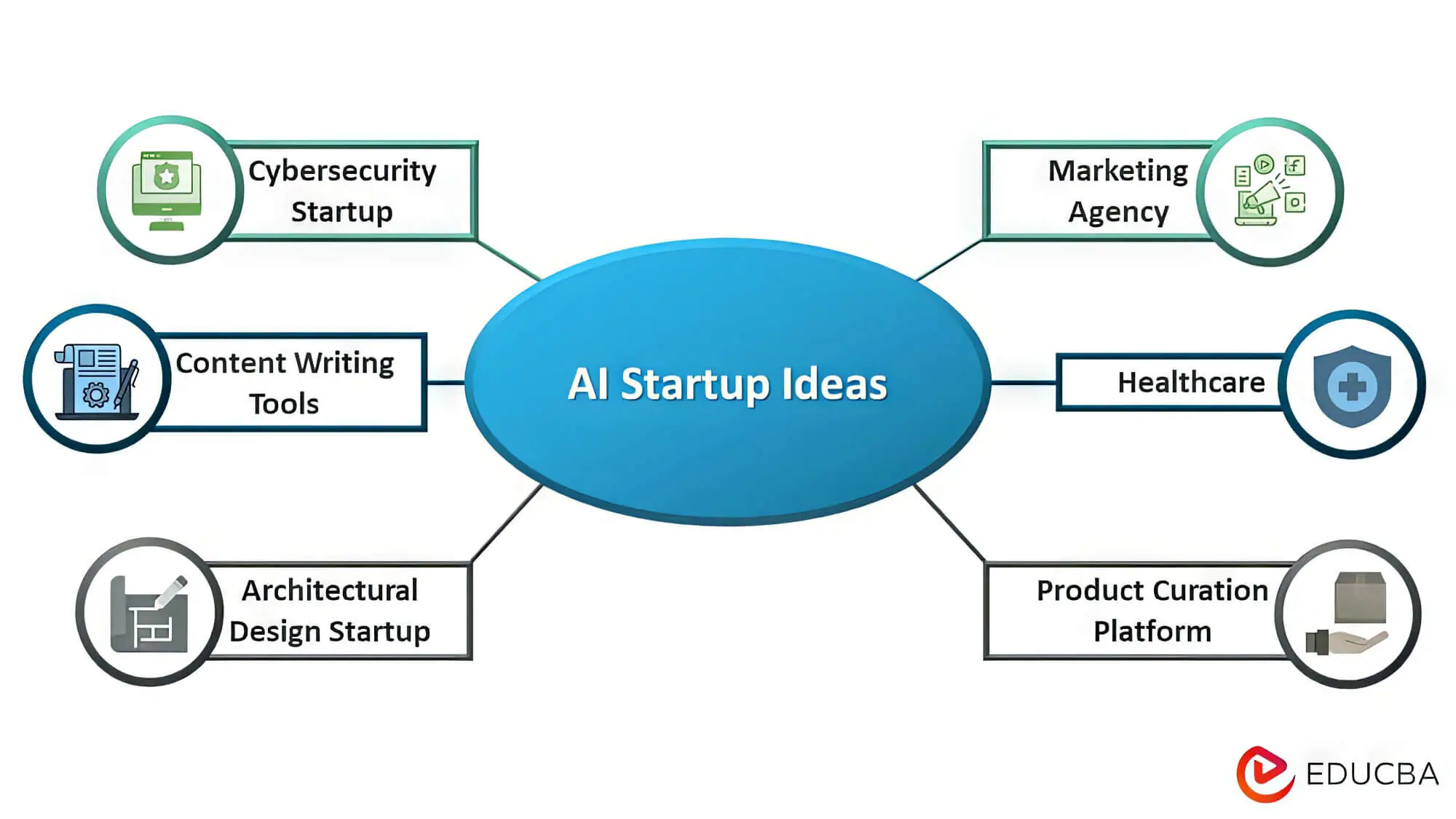
AI marketing harnesses the power of artificial intelligence and machine learning to supercharge campaigns. It enables not just the collection and analysis of consumer data, but also innovative content generation that speaks directly to target audiences.
Using predictive analytics, businesses can use AI to identify target audiences, recognise patterns, and create personalised messages. Moreover, AI helps businesses focus on effective marketing strategies and speed up the process from the bottom line, which is essential in today’s dynamic scenario.
The integration of AI for marketing strategy is revolutionising the digital marketplace, amplifying audience segmentation, content creation, predictive analytics, and other essential aspects.
When businesses weave AI into their marketing strategies, they gain the ability to keep tabs on customer preferences, behaviours, and purchasing habits. This insight allows them to craft campaigns and messages that truly hit home with their target audience.
In summary, AI marketing enhances efficiency and automates tactical tasks, streamlining the customer journey by automating subject lines and enabling a data-driven approach while eliminating human intervention.
Understanding the Intersection of AI, Ethics, and Data Protection Laws
Embracing AI in marketing campaigns involves a comprehensive understanding of the surrounding ethical concerns and how to design an AI marketing strategy, data privacy, and legal frameworks. Foremost among these is the need for compliance with various data protection regulations, a well-known example of which is the General Data Protection Regulation (GDPR).
A commitment to these principles establishes a culture of transparency and accountability, which are critical components when dealing with AI-driven marketing.
Ensuring businesses operate within these guidelines helps safeguard against data misuse. Such a misstep could have severe implications, including punitive fines and a detrimental impact on a company’s public image.
It is crucial to create a solid foundation of trust with customers, built on respect for their personal information and ethical AI use.
Fostering Acceptance and Encouraging Synergy between AI and Human Expertise
Adopting AI-driven marketing strategies can be challenging, with some businesses encountering resistance and scepticism, especially from their customer service teams.
Overcoming these doubts necessitates thorough education about the potential advantages of AI-powered marketing that targets all stakeholders. As AI technology evolves, it becomes increasingly critical for marketing teams to cultivate a symbiotic relationship between AI-powered tools and human expertise.
This partnership leverages the strengths of both AI and human contributors. AI provides unmatched analytical prowess, while humans infuse the process with creativity and intuition.
Working together, they can craft innovative marketing techniques that propel businesses towards sustained success. It’s a match that combines the best of both worlds, a testament to the power of collaborative effort.
Creating a Harmonious Blend of AI Marketing and Conventional Techniques
AI-driven marketing strategies offer numerous benefits, including increased efficiency, precision, and personalised engagement, often surpassing the effectiveness of conventional marketing methods.
These advantages also apply to social media platforms. However, finding the perfect equilibrium between AI marketing tools and traditional marketing practices remains imperative.
While AI can provide profound insights and high-level automation, traditional marketing still has sway in areas such as emotionally driven campaigns, direct customer engagement, and captivating narratives.
A successful marketing strategy marries AI’s analytical prowess with the human touch of conventional techniques. This blend fosters a comprehensive approach that optimises customer satisfaction and engagement.
Adopting AI Marketing: A Practical Guide for Small Businesses
Small businesses looking to tap into the power of AI in marketing need to take several vital steps. The foremost step is understanding their unique needs and aligning these with artificial intelligence marketing solutions, which are the most suitable AI marketing tools.
These businesses must define clear objectives, pinpoint areas ripe for AI enhancement, and acquire a working knowledge of the available AI marketing benefits and solutions.
Investing in AI-powered marketing platforms that demonstrate scalability and compatibility with existing systems is another essential step.
This approach lets small businesses tap into the AI revolution without upsetting their current operations. It’s truly a win-win: they acquire a powerful tool to drive their marketing strategies while maintaining smooth integration with existing processes.
Types Of AI Marketing Solutions
AI marketing is essential for businesses to connect more deeply with their customers. We have listed the leading solutions in today’s AI scene that help turn huge amounts of customer data into actionable steps for successful marketing campaigns.
1. Artificial Intelligence Marketing Platforms And Tools
AI-based marketing solutions benefit digital marketers by offering a centralised platform to handle large amounts of collected data. Such platforms use artificial intelligence to extract valuable marketing insights and customer insights from the data, enabling businesses to make informed decisions and reach the target audience.
Techniques such as Bayesian Learning and Forgetting help marketers gauge how receptive customers are to digital marketing efforts. This enables them to make informed, data-driven decisions on how best to engage their audience.
2. “Big Data”
Digital media has created a surge of “big data,” giving digital marketers a chance to measure their progress and track their success across different marketing channels. However, this abundance of data has become challenging to sift through and identify the most relevant and valuable data sets.
That’s when AI for marketing campaign management enters the scene, as AI tools help sort through data, distilling through its core components. As such, these tools can analyse the data using sentiment analysis of large data sets and suggest relevant strategies for future campaigns.
3. Machine Learning
AI-based machine learning utilises computer algorithms to analyse information and enhance campaigns automatically. Devices incorporating machine learning can analyse new data alongside past data to reform campaigns based on past successes or failures.
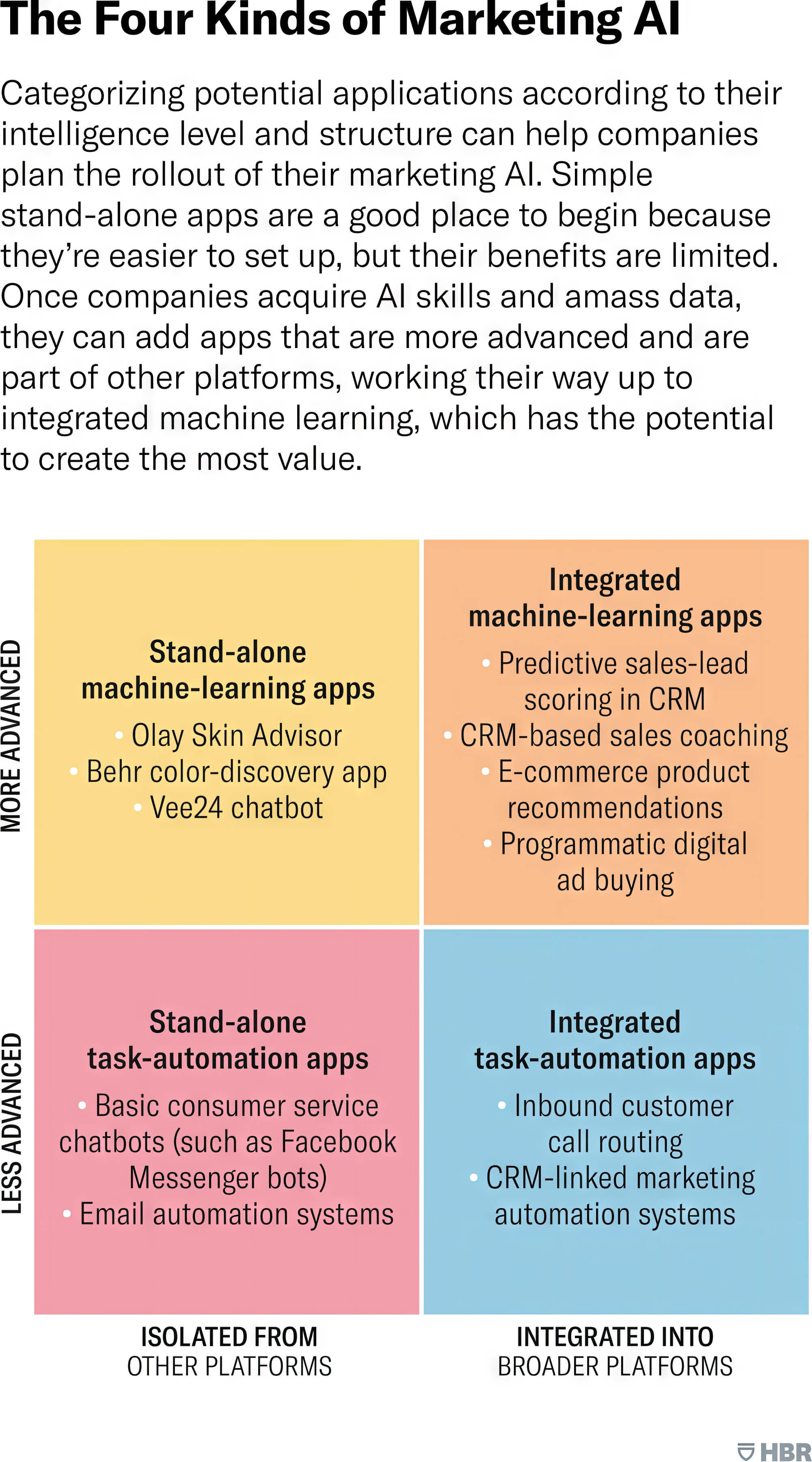
Advantages Of AI In Marketing
AI marketing tools like these can be integrated into digital marketing campaigns in various ways, offering unique advantages such as risk mitigation, increased customer satisfaction, and improved speed.
An AI marketing tool’s benefit may be tangible and measurable (number of sales) or intangible (user satisfaction). Hence, below, we have listed a few general advantages of AI for marketing that are applicable across multiple use cases:
1. Improved ROI
AI marketing tools can be utilised to gain valuable insights from client data and amend the marketing programme accordingly. AI in marketing platforms can also help marketers determine the best way to allocate funds, analyse practical ad placements, and change marketing strategies to engage customers efficiently.
2. Faster Decision Making
By leveraging real-time insights and analytics of customer experiences, campaign performance, and more, businesses can make informed, data-driven decisions, enabling team members to allocate more time to AI for marketing planning.
Notably, marketers will no longer have to wait till the end of a campaign to make decisions, as AI promotes quick decisions, better media choices, and more.
3. Enhanced Customer Experience
Among AI’s most common applications are chatbots, which offer personalised content, customer support, and product recommendations. Such seamless communication processes enhance the overall customer experience, increasing brand trust and fostering more robust customer relationships.
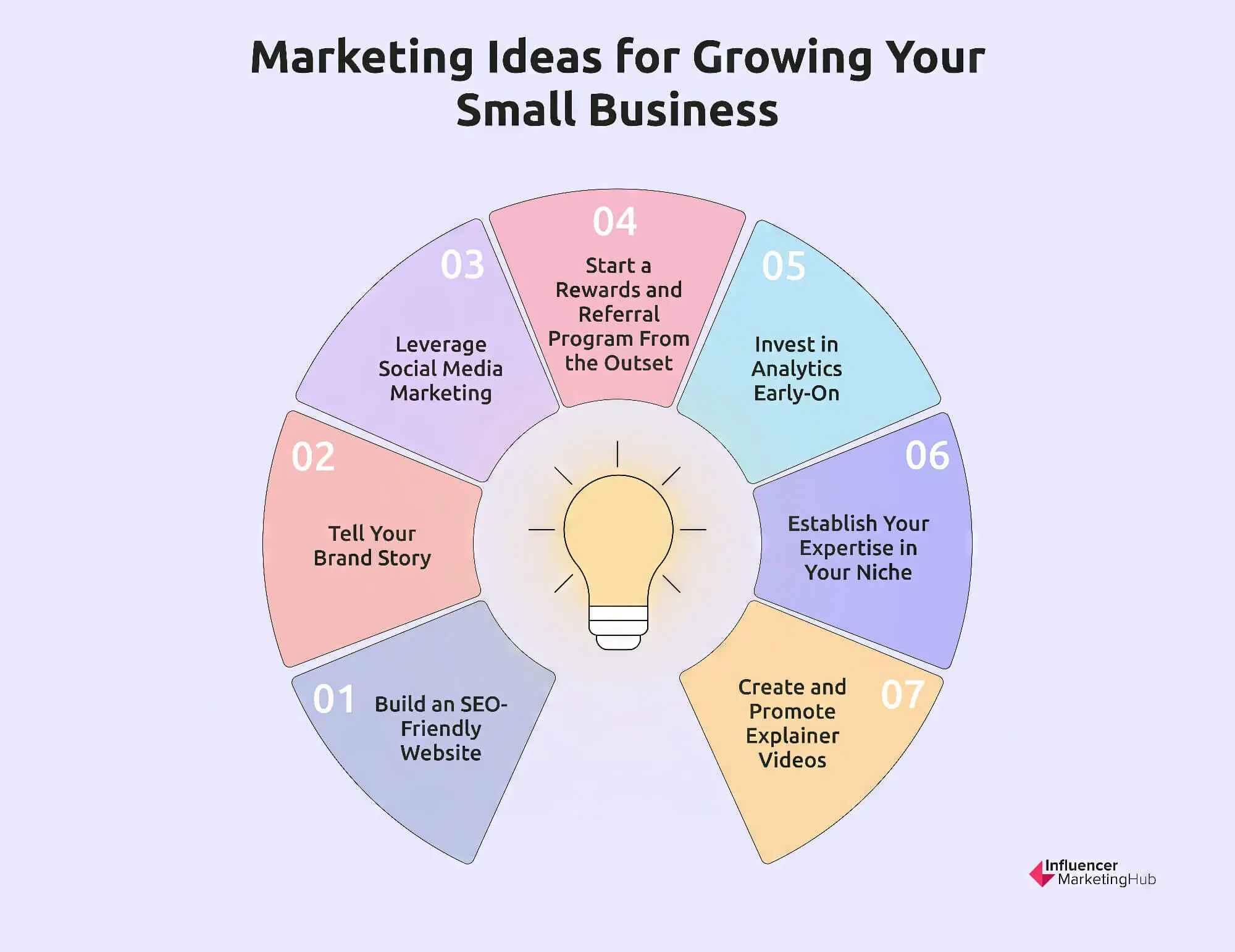
4. Cost Savings
automating repetitive tasks such as customer service, content creation, and data analysis using artificial intelligence. AI helps marketers save time and resources, allowing them to concentrate on strategic content marketing initiatives.
5. Enhanced Marketing Measurement
Owing to the cut-throat competition among businesses and marketers, they often use AI for marketing within their digital marketing campaigns. As a result, the vast amount of data may become difficult to manage.
AI-powered dashboards help get a comprehensive view of the performance of each campaign so you can replicate the strategies that are working and pause the ones that are not. Accordingly, you can allocate your budgets more effectively.
6. Real-Time Personalisation
Since you get real-time updates on AI marketing tools, you can analyse large amounts of data in a short time and personalise your marketing messages for individual customers. As such, you may notice higher engagement, customer loyalty, lead generation, and conversion rates.
Challenges Of AI In Marketing
The key to success in modern marketing is deep learning and a thorough understanding of your customer’s needs and wants. Consequently, you must be able to respond to their requirements promptly and efficiently.
It’s no wonder AI solutions have gained popularity, empowering businesses and marketers to make quick decisions based on real-time data. This shift offers a strategic edge in the competitive market landscape.
However, marketing teams must exercise caution while determining the most effective way to incorporate AI in digital marketing. Since AI-powered tools are still in the initial development stage, businesses must consider the following factors while integrating AI-powered marketing into their digital strategy.
1. Privacy
Businesses must know AI ethics and comply with General Data Protection Regulation (GDPR) regulations. Unless AI tools are programmed to follow legal guidelines, they may exploit consumer data for marketing personalisation, strategising, and AI marketing analytics. As a result, businesses may be subjected to heavy penalties and reputation damage, which could impact their artificial intelligence advertising campaign.
2. Deployment Best Practices
Since machine learning and artificial intelligence, as a whole, are the new kids in town, definitive AI advertising best practices for marketing deployments have yet to be established. So, it is up to the marketing teams to consider the long-term benefits of integrating AI into their strategies and not just the short-term advantages.
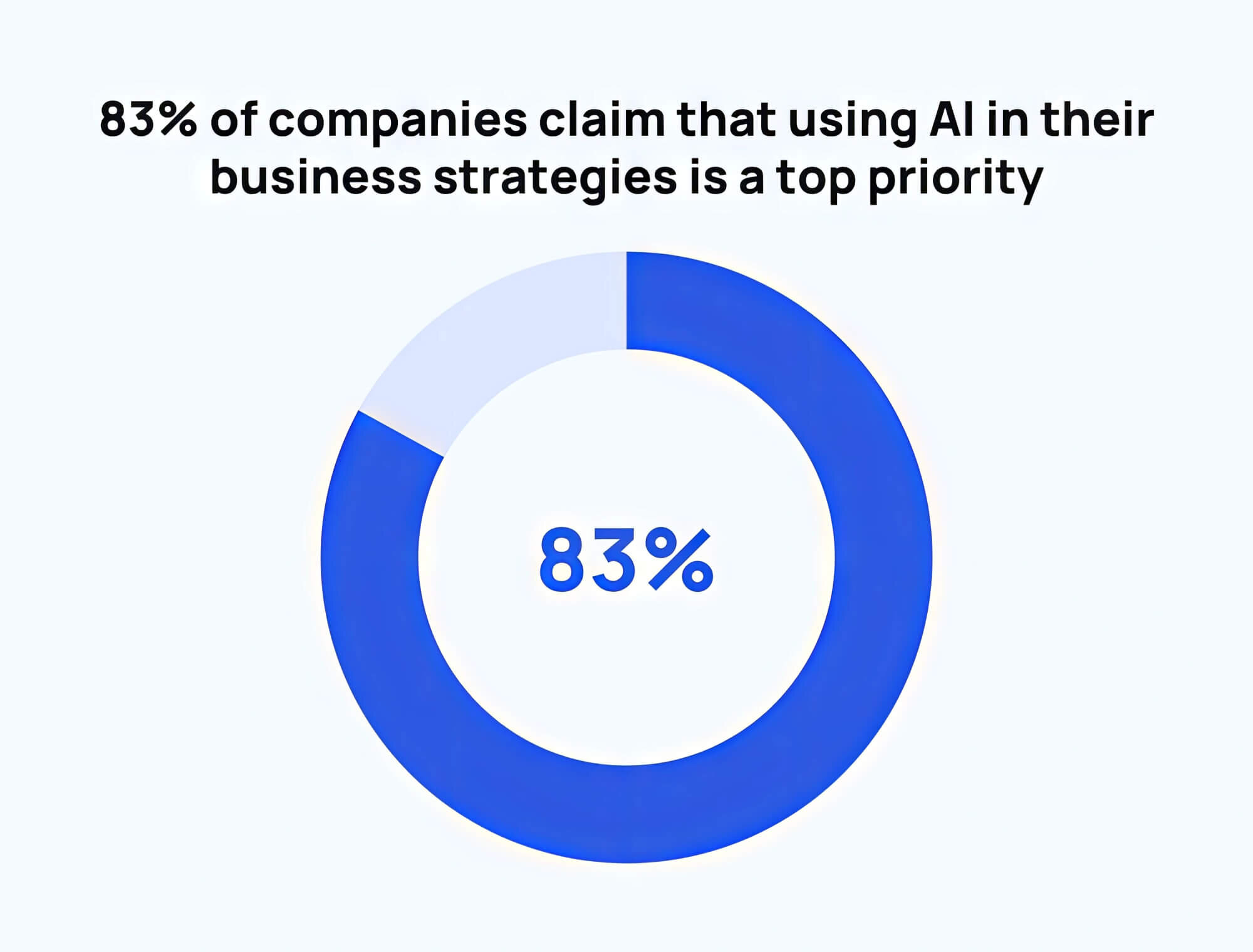
3. Training Time And Data Quality
No matter how sophisticated, AI technology does not have the inherent knowledge to achieve marketing goals and generate content on its own. It requires training to understand organisational goals, historical trends, and customer preferences.
The process further requires high-quality data assurances, timely and accurate training, and the use of high-quality data for various AI marketing use cases.
Otherwise, an inaccurate AI marketing strategy may misinterpret consumer desires, negatively impacting your business.
4. Getting Buy-In
While a business’s ROI is a measurable factor, proving how AI in marketing will improve customer experience and brand reputation is challenging. As such, demonstrating the value of AI marketing investments to business stakeholders becomes all the more difficult. Accordingly, digital marketing teams must employ the right tools to highlight the qualitative benefits of investing in AI.
5. Adapting To Constant Changes
AI in marketing has made the sector even more volatile than before. Technology disrupts marketing operations, and marketers must determine which jobs to replace, retain, and create. AI and machine learning technology are expected to replace more than 50% of marketing analyst and specialist jobs.
AI Vs. Traditional Marketing
Of course, AI in marketing carries a host of benefits, like better reach, accuracy, and speed. However, when you’re not on your phone or simply want a digital detox, traditional advertising will find its way back to you. In the form of catalogues, billboards, hard-copy brochures, workshops, product launches, word-of-mouth, and more, businesses can literally wave their banner at you!
On that note, marketing can only take over when you get back online. Blog posts, social media posts, webinars, and live chats are examples of how digital marketers can reach the target customer.
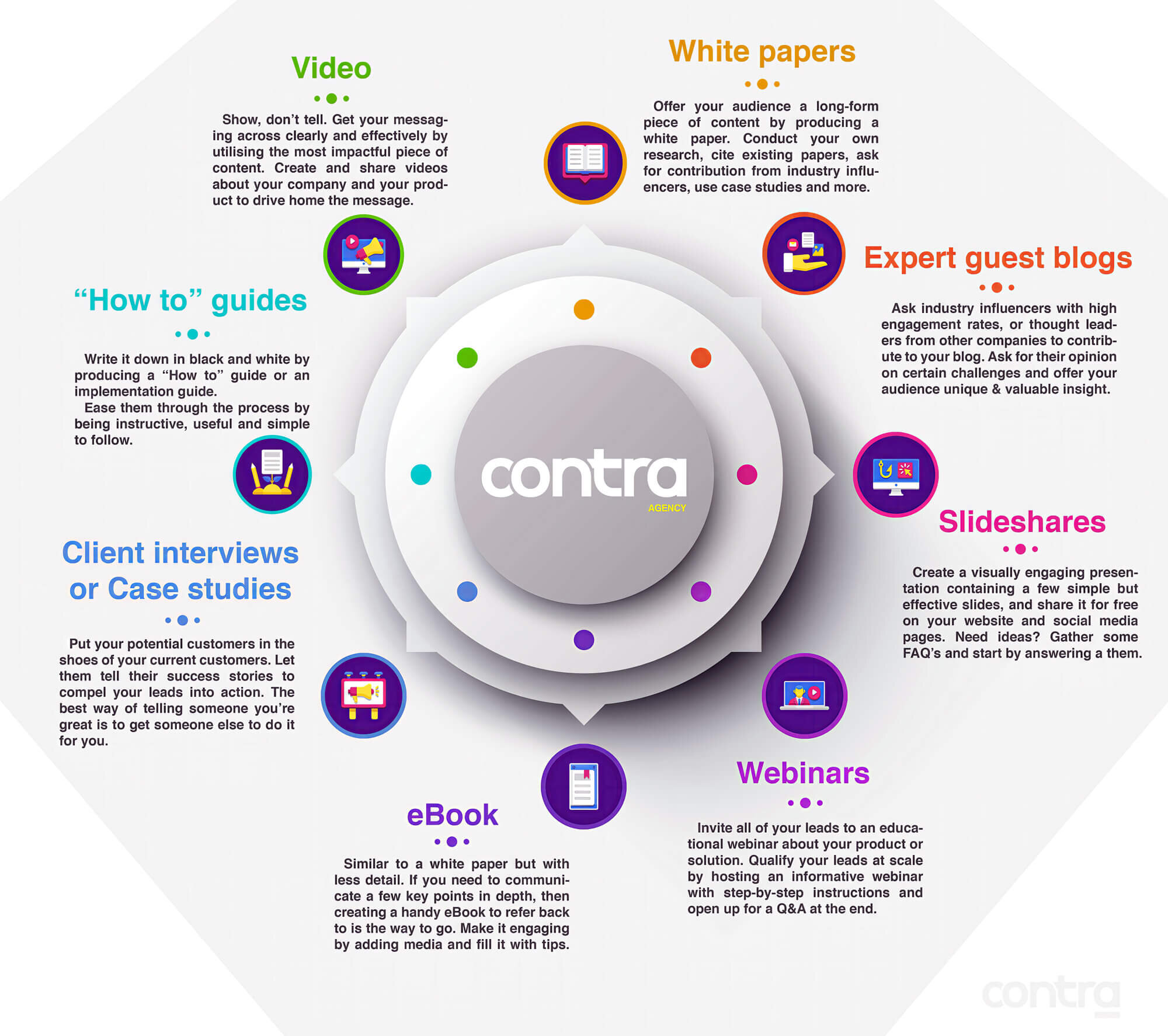
There are so many AI use cases for marketing that businesses are often less concerned about campaign management and performance. Instead, they are looking for ways to use cross-channel and omnichannel marketing to reach their goals.
AI marketing can transform traditional sales and marketing practices, particularly for remote teams. AI can help them use live chat to function optimally without space or time zone limitations. Because of this, AI in marketing is ideal for businesses with global inbound and outbound traffic.
However, one must remember that traditional marketing paved the way for AI marketing. After all, the latter is only as powerful as the hand that wields it.
AI Marketing Examples: Connecting AI And Marketing ROI
AI in marketing examples are applied in various industries and use cases, such as finance, government, healthcare, entertainment, retail, etc. Businesses can reap specific benefits with each use case, such as improved campaign performance, better customer retention, email marketing, and more.
As such, to develop a comprehensive marketing strategy, Businesses have many opportunities to utilise AI in marketing and explore various uses AI offers. However, small businesses or new marketers may feel overwhelmed choosing the right AI marketing tool. So, to make the process easier, here are some examples of how to do AI marketing:
1. Selecting The Right Message
It is imperative to choose a personalised message for different customers on different channels. While some may feel more implored by an emotional message, others may prefer a humorous approach. Through AI marketing and machine learning, businesses can monitor their marketing messages and identify the ones that attract more consumers. Accordingly, they can develop user profiles and send customised messages to each user depending on their preferences and interests.
A notable example of AI marketing implementation is Netflix’s machine learning algorithms, which identify users’ favourite genres and tailor the visuals accordingly.
So, by utilising examples of AI for marketing, businesses can collect valuable customer data, which, in turn, helps improve the customer experience and boost conversion rates. Such data can also give marketing agencies a detailed view of the customer’s preferences and behaviour.
For instance, platforms like Netflix can determine whether a user has watched a show or movie despite the image and incorporate this insight into their future AI marketing strategies.
2. Chatbots And Conversational Experiences
The advent of AI-driven natural language processing and machine learning in marketing ideas has resulted in the integration of chatbots into customer service operations. These chatbots are designed to handle simpler customer queries and provide quick, accurate responses. By analysing past inquiries and historical data, chatbots can offer personalised results.
Consequently, customer service agents can focus more on complex requests that require human intellect, allowing them to manage their time more effectively.
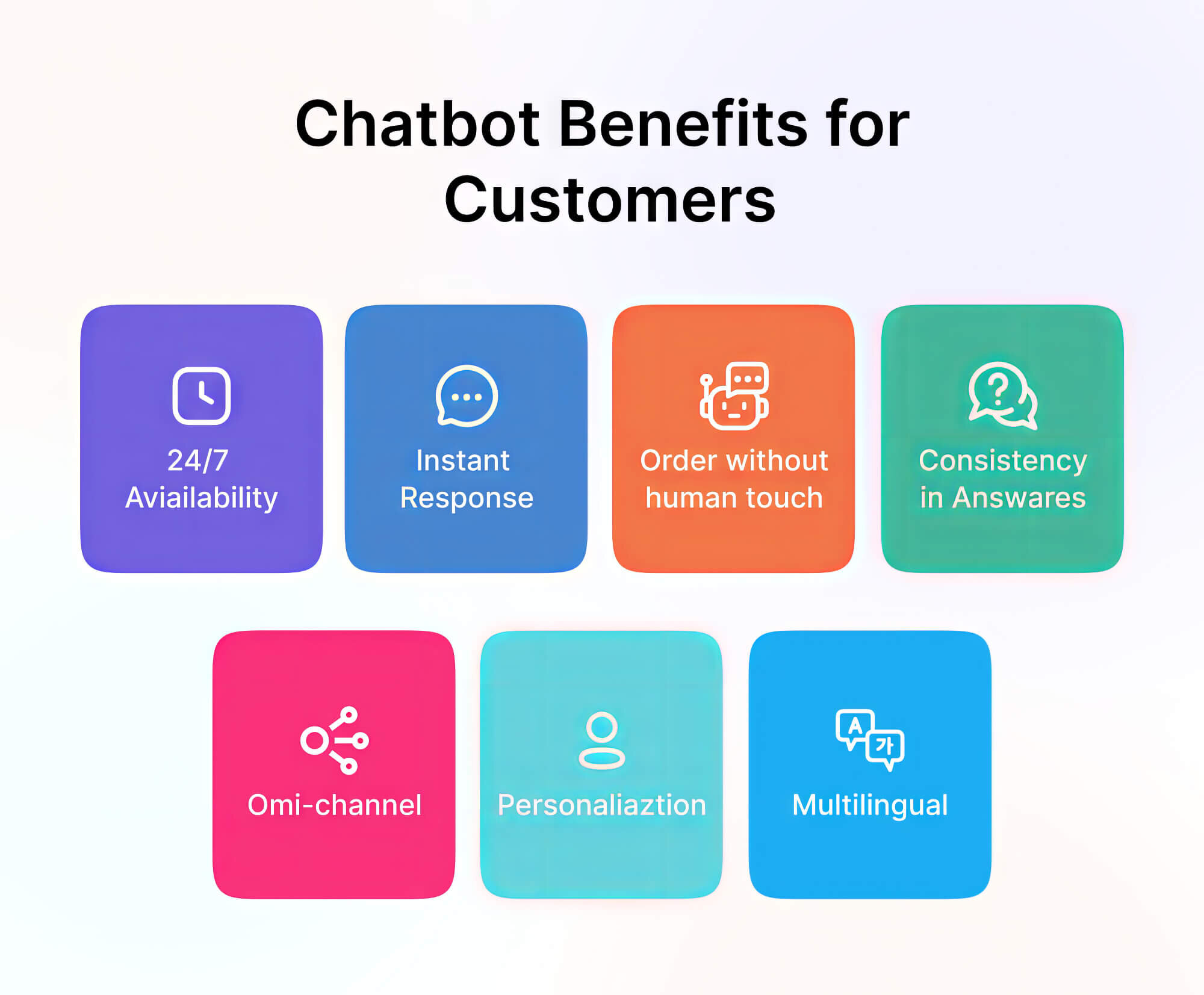
3. Marketing Operations
The combination of AI and marketing operations helps increase efficiency across the workflow. Thanks to its “smartness” and speed, AI tools can automate routine, tactical tasks like answering users’ questions, sorting marketing data, conducting security authorisations, etc.
This frees up more time and resources for businesses to focus on market analysis and strategy making.
4. Predictive Marketing Analytics
When marketing teams struggle to extract the most valuable insights from large chunks of consumer and market data, marketing AI tools can help by utilising this data through predictive analytics.
Predictive analytics leverage AI, machine learning, datasets, algorithms, and models to forecast future trends and consumer behaviour. Consequently, the digital marketing team can better understand the products a consumer may like, allowing for a better position in their campaign.
For instance, Amazon employs predictive analytics to recommend products to customers based on past purchases and behaviour. This increases customer satisfaction and leads to conversions.
Moreover, AI marketing tools can help businesses and their marketing departments track attribution more precisely. This allows them to identify the campaigns that contribute the most to the company’s ROI.
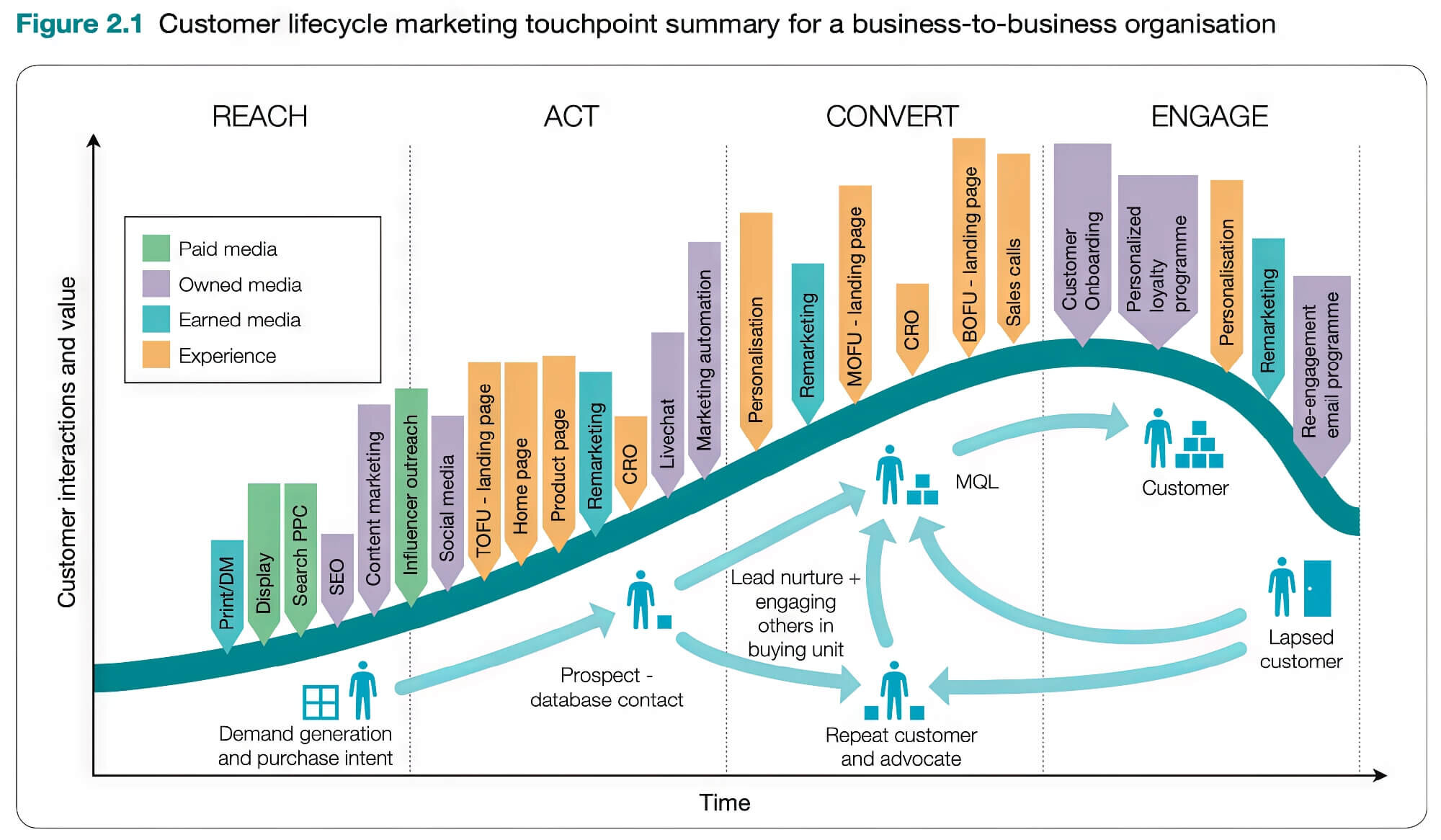
5. Dynamic Pricing
Implementing dynamic pricing can enhance businesses’ competitiveness. By analysing vast quantities of historical and competitive data, AI platforms can instantly recommend the ideal product prices.
This strategy is especially beneficial in the retail industry as it allows brands to modify prices according to the demand for their products. Accordingly, they can increase sales and gain an edge over their competitors.
6. Bidding On Programmatic Media Buys
Marketing teams frequently need help using AI in marketing to set ad campaign placements and messages. While they can create plans according to user preferences, they must often be more flexible and equipped to make real-time amendments.
As a result, they may miss out on marketing trends and consumer information. To address this issue, digital marketers are employing AI-driven marketing via programmatic advertising.
Programmatic platforms utilise machine learning and AI marketing trends to bid on ad space to reach the target audience in the changing marketing landscape in real time. Data, including buyer intent, purchase history, and location, also play a crucial role in influencing these bids.
Consequently, marketing teams can employ AI marketing to focus on appropriate channels at the required time for an affordable price. As such, programmatic buying exemplifies how machine learning can boost marketing flexibility to connect with customers as their interests and needs shift.
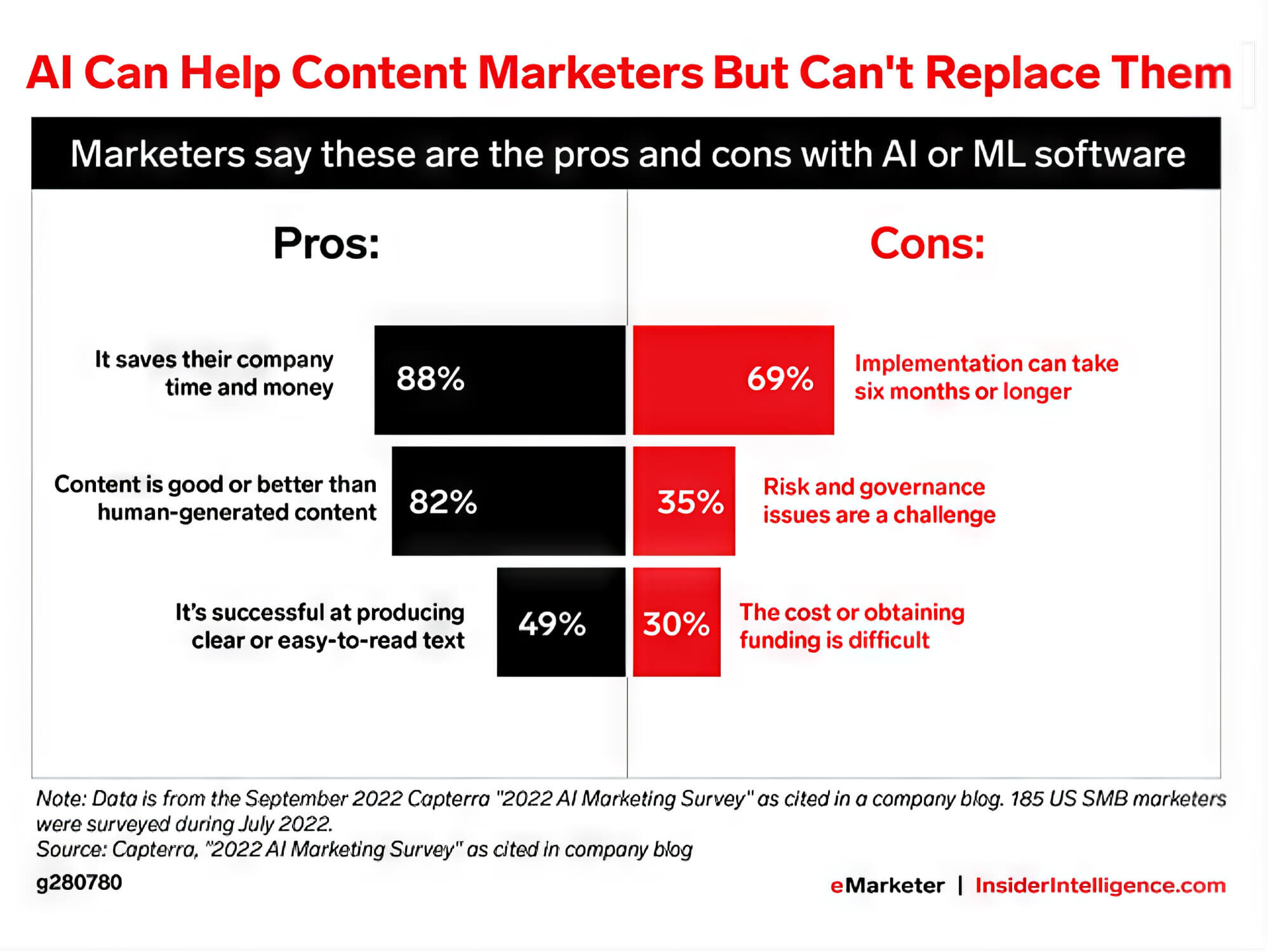
7. AI And Marketing Personalisation
Today, consumers expect a detailed level of content personalisation, and hence, marketing messages must be influenced by a user’s interests, location, purchase history, previous interactions, and other data points.
Another AI marketing application involves assisting marketing teams in surpassing basic demographic information and obtaining highly specific knowledge about individual customer preferences. This allows brands to produce tailored experiences for customers on a granular level.
Spotify’s AI-generated personalised playlists for each user are a popular example of granular personalisation using generative AI. The software produces a playlist based on the user’s favourite genres, listening history, trending music, and more. It uses similar AI marketing skills in creating “Blend” playlists, wherein users can create a collaborative playlist with their best friend, partner, etc. These personalisation features make Spotify the top music-streaming service today.
Atomic content is another type of AI-enabled personalisation. In this system, AI algorithms learn about customer likes and dislikes and choose pieces from a content library to construct customised emails and offers. Such emails include relevant media, like pictures, videos, etc., making the process more engaging for the end user.
Conclusion: The Future Of AI In Marketing
The promising future of AI in marketing can be attributed to the rapid advancements in AI technology. By enabling marketers to make data-driven decisions, AI concepts improve the precision and effectiveness of their campaigns. Plus, they allow businesses to automate routine tasks and personalise their approach to engaging with customers.
The increasing prevalence of AI in marketing will drive the development of more sophisticated and efficient tools, strategies, analytics, and even web design techniques. As such, contact sitecentre® if you want to utilise AI and marketing automation but don’t know where to start.
We are a full-service Australian digital marketing agency striving to help you with PPC/SEM services using AI, web design, SEO, and more. With our comprehensive range of digital marketing services, you can make the most of your campaigns and maximise your returns on investment.



